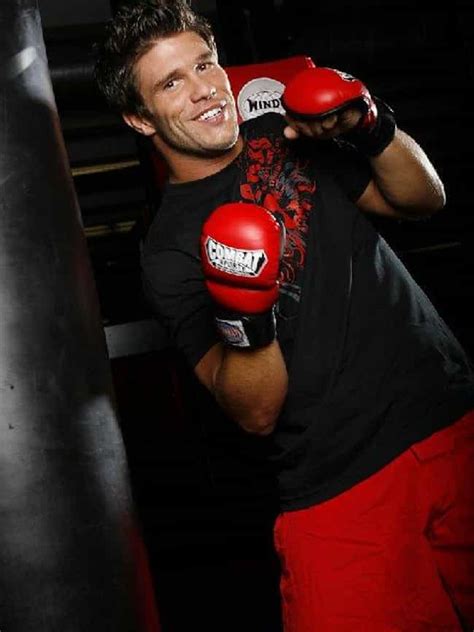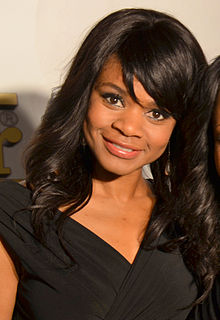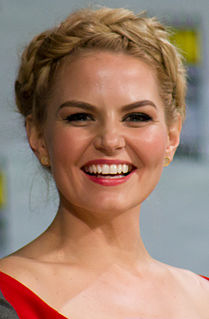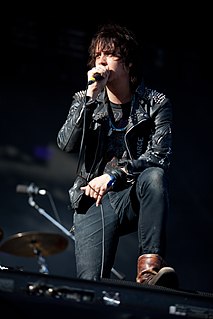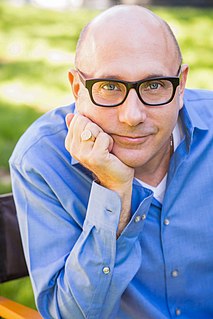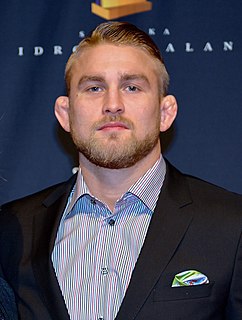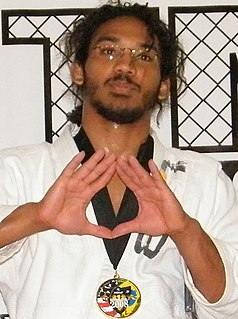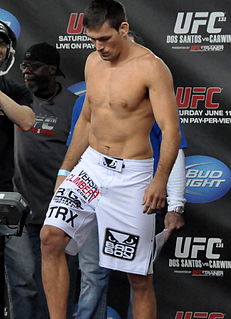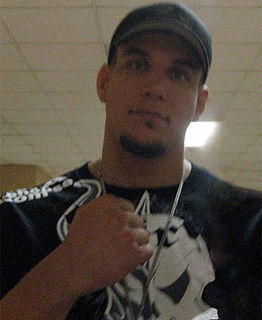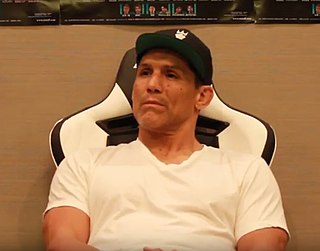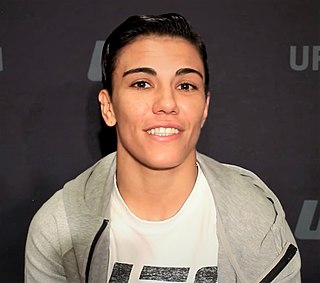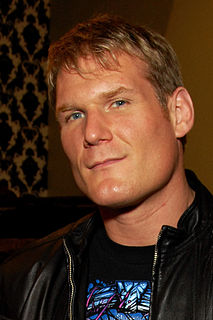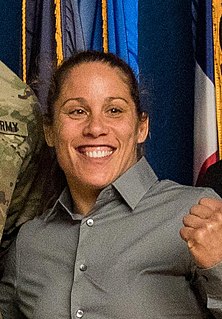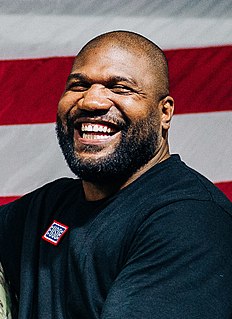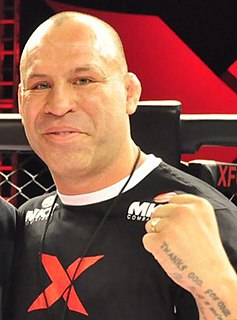A Quote by Jason Black
When introducing a character, you're usually better off sticking with broad strokes. The important thing at that point is not what color hair someone has or how tall they are, but rather, what kind of person they are.
Related Quotes
In my college days, I went wild with my hair. I dyed it every color in the book and, quite naturally, my hair would break off from all the damage. When our hair breaks off, of course, there's only one thing to do - braid it up. I wore braids for a while and would always feel like I just never knew what to do with my hair.
I'm interested in color belonging to something, where it takes on a completely new kind of vibrancy, rather than being what you would call straight abstract paintings. And anyway it is so much more exciting trying to find out about the three dimensions of color and sticking it down on a two dimensional surface.
Race is a lie built on a lie. The first lie is that people are different, somehow skin color or hair texture is more significant than eye color, or the shape of one's feet. The second lie built on top of that is that there's a hierarchy that more significant difference, the color showing up as brown on your skin rather than brown in your hair, or whatever, is somehow more significant and there's some sort of hierarchy. That the lighter you are, the straighter your hair, the better you are.
When color TV arrived, it just sat there and you saw color. I've been to retail stores where there were no 3-D glasses at all and the 3-D images were all blurred. People were coming in and saying, 'I don't want to buy that.' There's a lot of marketing connected to introducing technologies and especially introducing new experiences.
When color TV arrived, it just sat there and you saw color. I've been to retail stores where there were no 3-D glasses at all and the 3-D images were all blurred. People were coming in and saying, "I don't want to buy that." There's a lot of marketing connected to introducing technologies and especially introducing new experiences.
It's actually a character choice for a movie I've been filming in South Korea called Okja. My director had this idea of having my hair be a very vibrant red/pink/watermelon color. We haven't finished filming so I'm kind of riding the wave of the red hair right now in terms of everything else that I have to do with The Last Tycoon press and you know, regular life. I'm really loving it. It's turning into a thing for me.
